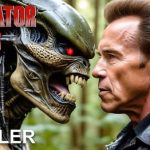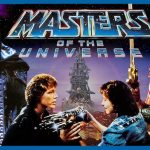🎬 Mortal Kombat (1995)
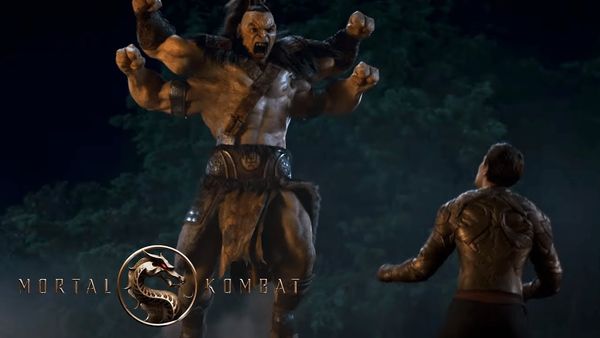
“Mortal Kombat” (1995) is a martial arts fantasy film directed by Paul W.S. Anderson and based on the popular video game series of the same name created by Ed Boon and John Tobias. The film stars Robin Shou, Linden Ashby, Bridgette Wilson, Cary-Hiroyuki Tagawa, and Christopher Lambert. It follows the story of three martial artists who are chosen to defend Earth in a high-stakes tournament against the forces of Outworld. The plot revolves around Liu Kang (Robin Shou), Johnny Cage (Linden Ashby), and Sonya Blade (Bridgette Wilson), each with their own personal reasons for entering the Mortal Kombat tournament.
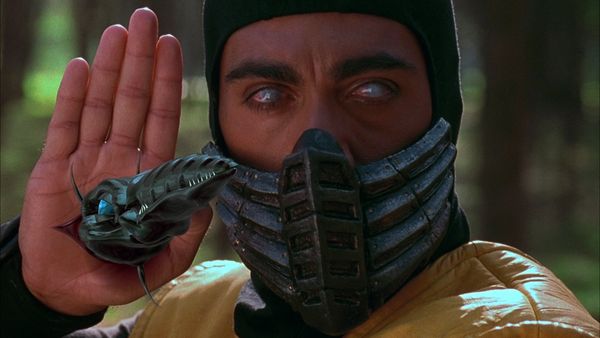
Liu Kang seeks revenge for his brother’s death at the hands of Shang Tsung (Cary-Hiroyuki Tagawa), the sorcerer who is hosting the tournament. Johnny Cage, a movie star, wants to prove his martial arts skills are genuine and not just special effects. Sonya Blade is on a mission to capture Kano (Trevor Goddard), a dangerous criminal who killed her partner. The three warriors are brought together by the thunder god Raiden (Christopher Lambert), who mentors and guides them. Raiden explains that the fate of Earthrealm depends on the outcome of the Mortal Kombat tournament.
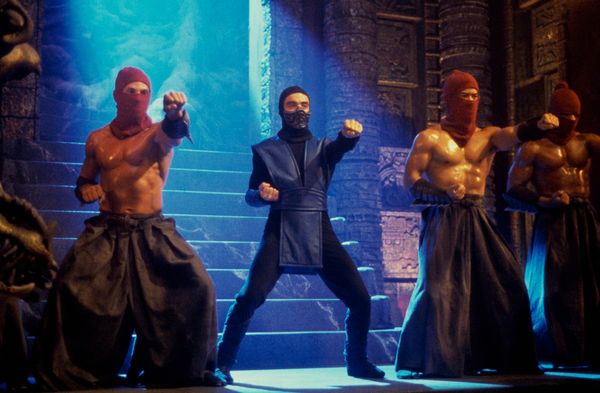
Should they fail, the evil sorcerer Shang Tsung will conquer Earth on behalf of the emperor of Outworld. As the tournament progresses, the protagonists face various formidable opponents, including Sub-Zero, Scorpion, and Goro, a four-armed giant. The film is filled with intense martial arts battles, each showcasing the unique fighting styles and special moves of the characters, staying true to the video game’s legacy. “Mortal Kombat” is known for its action-packed sequences, special effects, and memorable one-liners. The film’s soundtrack, featuring techno and electronic music, became iconic and contributed to the film’s energetic atmosphere.
The theme song “Techno Syndrome (Mortal Kombat)” by The Immortals, in particular, became synonymous with the franchise. While “Mortal Kombat” was met with mixed reviews from critics, it was praised for its faithful adaptation of the video game, engaging fight scenes, and visual style. Cary-Hiroyuki Tagawa’s performance as Shang Tsung was especially noted for his charismatic and menacing portrayal of the villain. The film was a commercial success, grossing over $122 million worldwide and spawning a sequel, “Mortal Kombat: Annihilation” (1997), as well as various other media adaptations and a reboot film in 2021. Overall, “Mortal Kombat” remains a significant entry in the realm of video game adaptations, remembered for its contribution to bringing the beloved game characters to life on the big screen and its enduring impact on pop culture.







